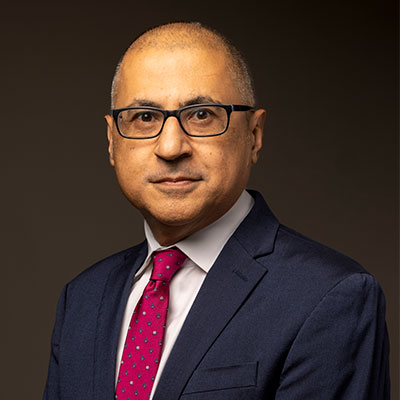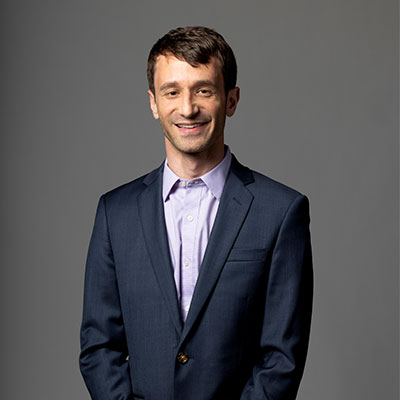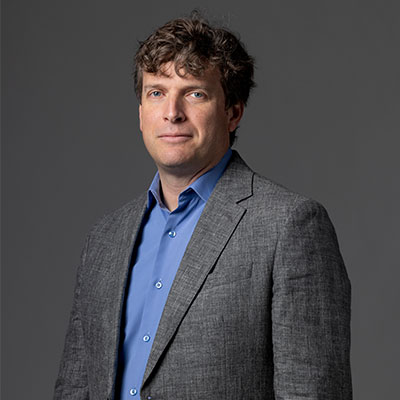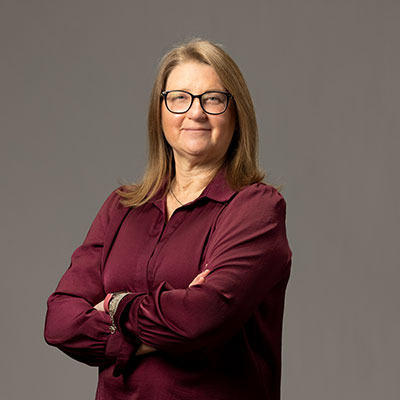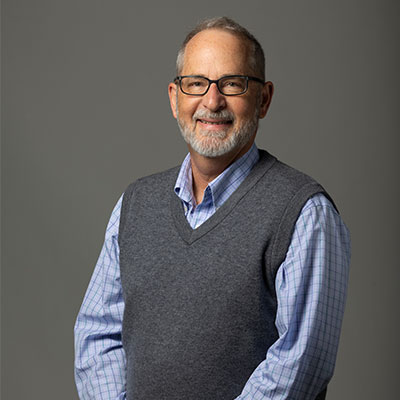James Beasley
International Collaborative Research Award 2025

James Beasley, Terrell Distinguished Professor in the Warnell School of Forestry and Natural Resources and the Savannah River Ecology Laboratory, has worked alongside colleagues Thomas Hinton (Fukushima University, Japan), Ole Christian Lind (Norwegian University of Life Sciences), and Kenji Nanba (Fukushima University, Japan) to develop GPS-dosimetry collars, a pioneering tool for tracking radiation exposure in free-ranging animals to improve wildlife health studies and risk assessments. Now deployed in Belarus, Japan, Norway, Sweden, and the United States, the team’s research has been recognized by the International Atomic Energy Agency and has influenced global radioecological studies, conservation strategies, and public discourse.


